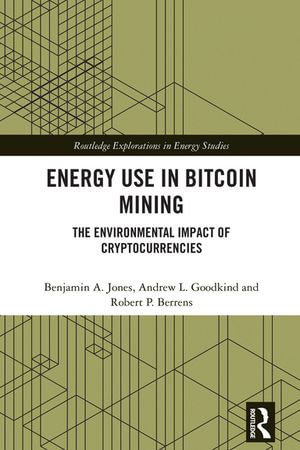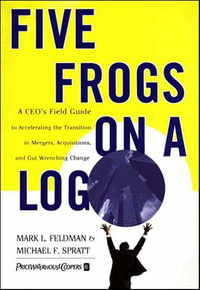
eTEXT
Energy Use in Bitcoin Mining
The Environmental Impact of Cryptocurrencies
By: Benjamin A. Jones, Andrew L. Goodkind, Robert P. Berrens
eText | 15 April 2025 | Edition Number 1
At a Glance
eText
$81.39
or
Instant online reading in your Booktopia eTextbook Library *
Read online on
Desktop
Tablet
Mobile
Not downloadable to your eReader or an app
Why choose an eTextbook?
Instant Access *
Purchase and read your book immediately
Read Aloud
Listen and follow along as Bookshelf reads to you
Study Tools
Built-in study tools like highlights and more
* eTextbooks are not downloadable to your eReader or an app and can be accessed via web browsers only. You must be connected to the internet and have no technical issues with your device or browser that could prevent the eTextbook from operating.
ISBN: 9781040343869
ISBN-10: 1040343864
Series: Routledge Explorations in Energy Studies
Published: 15th April 2025
Format: ePUB
Language: English
Publisher: Taylor & Francis
Edition Number: 1
You Can Find This eBook In
This product is categorised by
- Non-FictionEconomicsDevelopment Economics & Emerging Economies
- Non-FictionEconomicsEnvironmental Economics
- Non-FictionAccounting & FinanceFinanceInvestment & Securities
- Non-FictionEarth Sciences, Geography, Environment, PlanningThe EnvironmentPollution & Threats to the EnvironmentClimate Change
- Non-FictionEngineering & TechnologyCivil Engineering
- Non-FictionEngineering & TechnologyEnergy Technology & EngineeringAlternative & Renewable Energy Sources & Technology
- Non-FictionPolitics & Government
- Non-FictionAccounting & FinanceFinance























